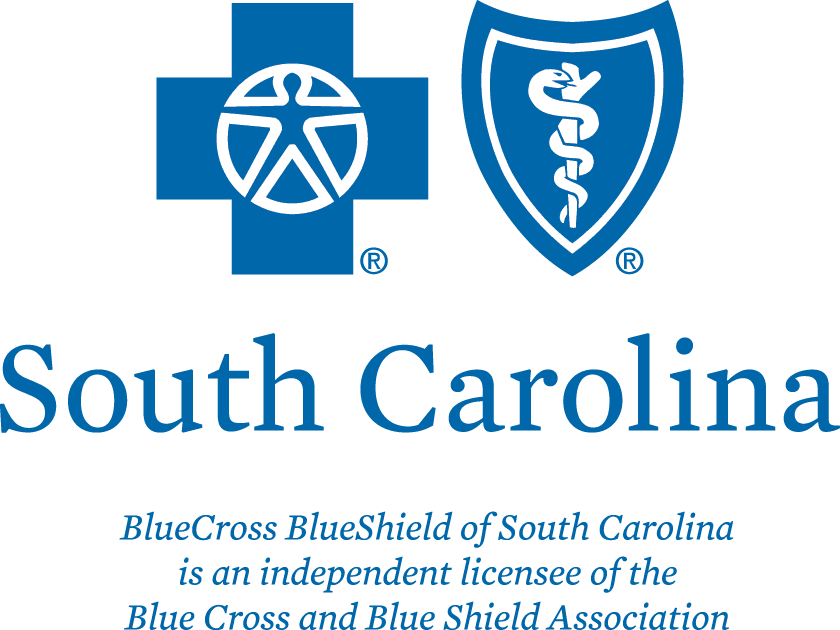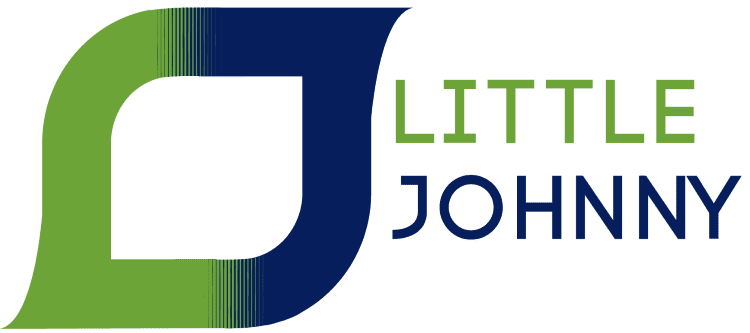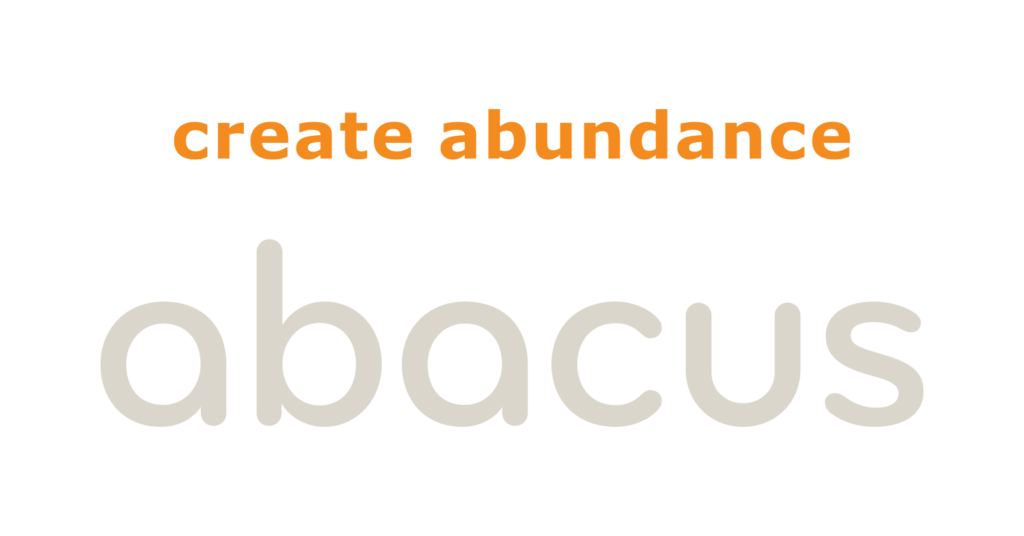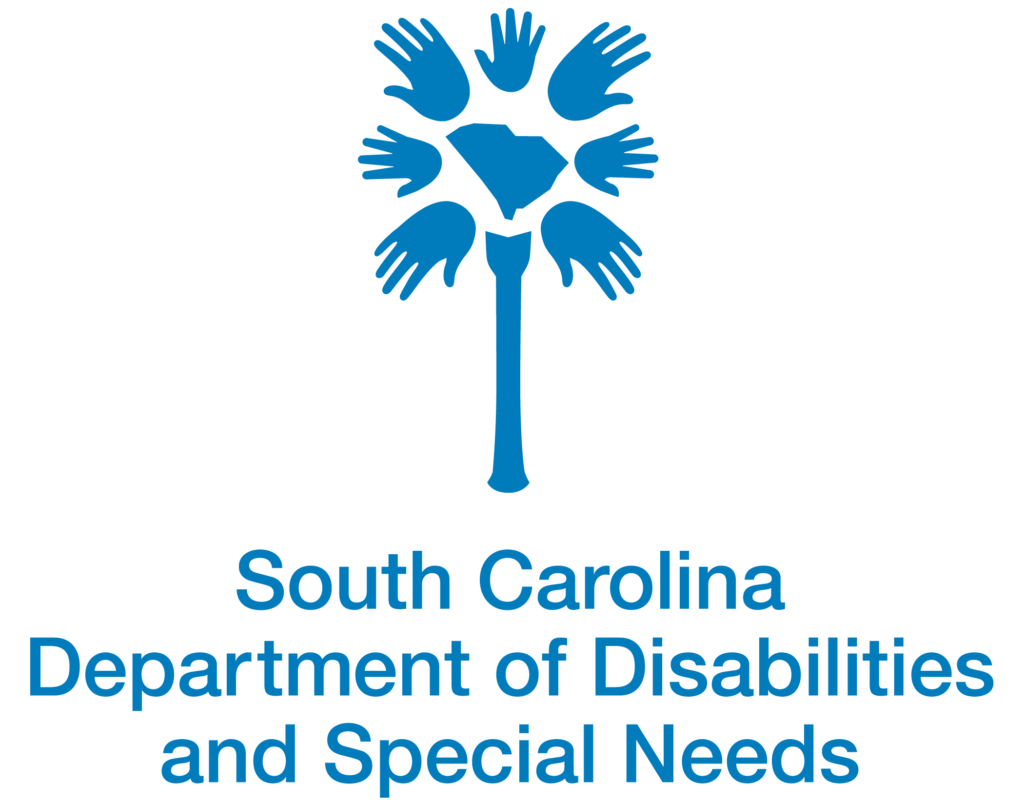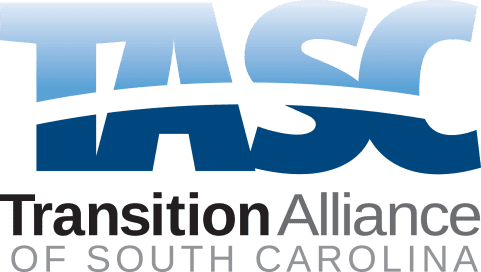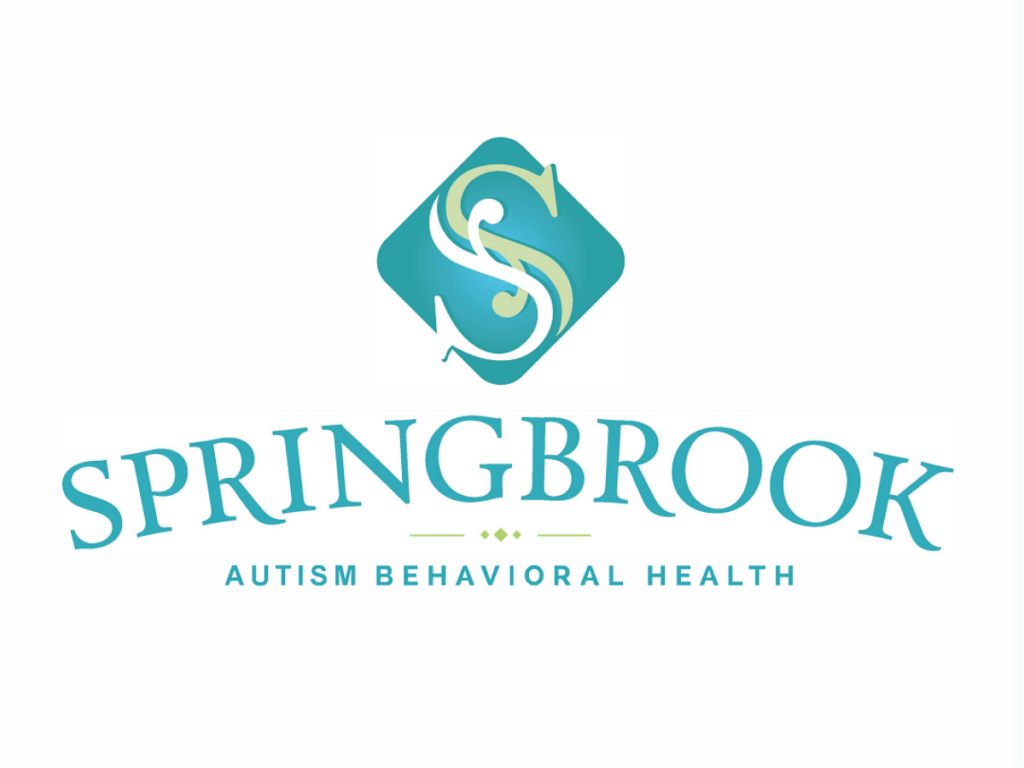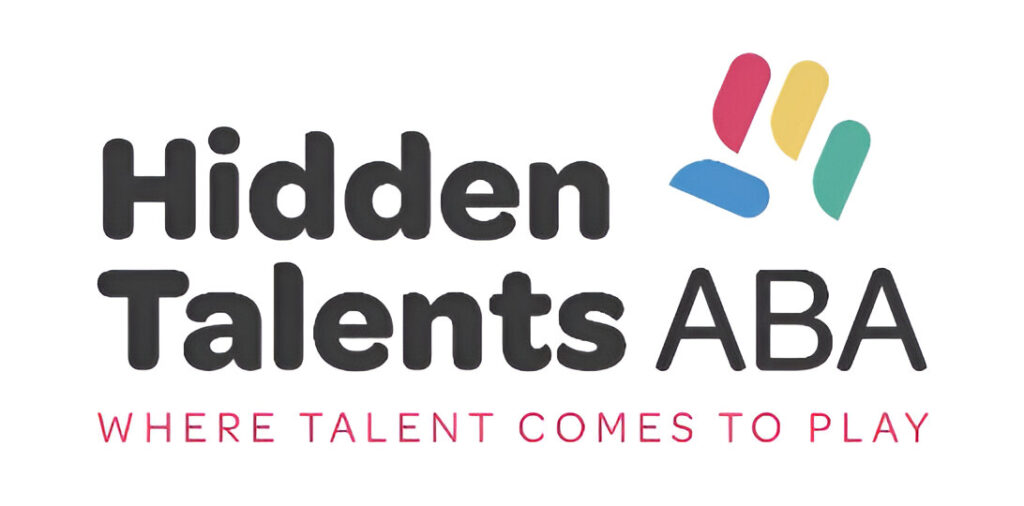We hope you have enjoyed today’s session and leave feeling inspired and educated. If you would like to help support our work with families across the state, please consider making a donation today.
- Board of Directors
- Buddy Walk
- Calendar
- Cart
- Checkout
- Consent to attend IEP
- Contact Us
- COVID-19
- Disaster Preparedness for Families with Special Needs
- Donate Now
- Download TEFRA Application
- Education
- Families
- Family Connection of South Carolina
- Find a Provider
- Get Involved, How to Help
- Get involved, Volunteer Today
- Healthcare
- Hopes & Dreams
- IDEA and McKinney-Vento Laws: Rights and Resources for SC Families
- Login
- Look Book order
- Look! Photography Exhibit
- Adam
- Adaya
- Adeline C
- Ahmir S
- Aiden
- Aiden Elijah T
- Alexander
- Alexia
- Alexis S
- Amanda D
- Amani G
- Amaya Y
- Amden Alecole H
- Amelia H
- Ana Sofia
- Ana Sofia
- Ana Sofia B
- Andrew M
- Andrew P
- Angel C
- Angela Isabella
- Anthony Y
- Ariana
- Ariana
- Ariana
- Art Walk
- Arthur “Row” G
- Ashanti
- Asher B
- Ashley Altagracia R
- Ashley R
- Ashley R
- Austin
- Austin A
- Ava W
- Avery
- Avery B
- Avery B
- Avik
- Avik
- Axel
- Axel
- Baylee
- Benjamin
- Benjamin H
- Beverly C
- Blake and Evan B
- Bo
- Braden
- Braden
- Braden G
- Bradley L
- Brandon M
- Braydon and Paisley M
- Brett and Jacob
- Brian G
- Brian G
- Bryann
- buy art
- Caden D
- Cairo
- Cairo
- Caleb R
- Camari
- Camari B
- Cameron
- Cameron M
- Carolyn W
- Carson E
- Catherine
- Charles C
- Charlotte
- Chesnee H
- Cierra R
- Claire F
- Claire F
- Clara
- Colton S
- Cooper P
- Coraline J
- Corban
- Corbin B
- Cortland
- Cortland
- Cortland L
- Cortland L
- Court H
- Dade B
- Daisy
- Daisy N
- Daisy N
- Dakota
- Dakota M
- Dale “Tripp” H
- Daniel B
- Daniel S
- Daniela G
- David E
- David E
- Daxton
- Deklan
- Delaney
- Delaney
- Dhylan L
- Diana
- Diego G
- Drew
- Drew
- Duncan and Tanner
- Dylan
- Dylan and Jackson
- Dylan and Jackson M
- Dylan and Jonathan G
- Dylan M
- Eli
- Eli
- Eli J
- Eli S
- Elijah F
- Elijah F
- Elijah H
- Elijah L
- Elijah L
- Eliza
- Eliza
- Eliza
- Ella B
- Ella B
- Ellington
- Ellington
- Elsie R
- Emerson
- Emily L
- Emily S
- Emma
- Emma P
- Eriyanna M
- Ethan B
- Ethic B
- Eugene J
- Evelyn M
- Faith
- Faith R
- Gael Armando B
- Genesis H
- Giovanna F
- Grace H
- Graham L
- Grayson T
- Greyson W
- Haidyn J
- Haidyn J
- Hall T
- Halle
- Hannah Grace
- Hannah N
- Harrison W
- Hayes R
- Henry M
- Ian F
- Isabella Cristina
- Isaiah B
- Isaiah B
- J.T. R
- J’vien M
- Jack
- Jack M
- Jack S
- Jackson
- Jackson and Parker T
- Jackson K
- Jackson K
- Jackson M
- Jacob W
- Jagger J
- Jailynn L
- Jakyrie H
- James C
- James R
- Jamie V
- Jasmine
- Javier
- Javier F
- Javier F
- Javier F
- Jaxon M
- Jaylen
- Jaylen
- Jaylen E
- Jeremy S
- Jerry S
- Jesus
- Jocelyn F
- Joe
- Jonathan A
- Jonathan, Dylan, and Glendy G
- Jordan M
- Joshua S
- Josue C
- Judah
- Judah
- Jude G
- Juliana D
- Juliana D
- Juliezer
- Juliezer
- Julissa R
- Ka’Niya
- Ka’Niya B
- Ka’Niya B
- Ka’Niya B
- Kaden M
- Kaitlyn L
- Kate C
- Kate M
- Katie H
- Katie H
- Kayln R
- Kayln R
- Keagan C
- Kelly
- Kelly
- Kieran S
- Kiersten B
- Kiersten B
- Laila W
- Levi R
- Lia
- Liam S
- Lila and Grayson S
- Lila B
- Lizzy
- Lizzy
- Logan B
- Logan M
- Look Participant Application
- Look Photographer Application
- look-2001
- look-2003
- look-2008
- look-2012
- look-2013
- look-2014
- look-2108
- look-22000
- look-24000
- LOOK! 2021
- LOOK! 2022
- LOOK! 2023
- LOOK! 2024
- Luke R
- Lydia Grace J
- Maddie
- Madelyn
- Malachi
- Malachi J
- Mallory
- Mallory
- Martin Family
- Mason
- Matthew
- McKenna M
- Meredith
- Mia S
- Mia S
- Micah C
- Michelle
- Michelle L
- Mila
- Milla
- Milla M
- Millie and Jace
- Miranda
- Myles
- Nasir W
- Nasir W
- Nicholas
- Nicholas H
- Noah J
- Novah M
- Olive D
- Oliver
- Oliver B
- Oliver B
- Pace
- Pace
- Paisley
- Paisley
- Paisley P
- Parker
- Parker
- Parker M
- Parker M
- Parker M
- Patience C
- Patriss
- Philip Rouse L
- Photo Release
- Qu’Mari
- Qu’Mari
- Qu’Mari D
- Raegan
- Raegan
- Raegan H
- Renatta and Xareny D
- Rosemary M
- Rosemary M
- Sam
- Sarah
- Sarah O
- Savannah
- Shani W
- Shawn J
- Shelby
- Shelby
- Skylah W
- Skylar H
- Sophia
- Stephanie V
- Stephen M
- Sullivan S
- Support LOOK! 2021
- Susan Faith E
- Susan Faith E
- Susana G
- T.J. M
- Terrence
- Theo H
- Tiffany
- Travis W
- Tripp H
- Warren “Ayers” H
- William Ethan B
- William K
- William S
- Zander C
- Zeron G
- Zeron G
- Zoe
- Zoe
- Zoey W
- Zoey W
- Zoey W
- Make a Donation
- Media Information
- Midlands Gives
- My account
- News
- News
- Newsletter Sign-up
- Order Materials
- Orders QR
- Our Work
- Para Español
- Parent to Parent Support
- Profile
- Programs and Services
- Provider Form
- Referido
- Referral
- Resources
- Social Media
- Sponsorship Opportunities
- Staff Referral
- Summer Camps
- Support Our Work
- test
- Training
- Volunteer Leadership
- Woo Products
- Year End Giving
- Your Child’s Journey Begins
- Your Referral has been Submitted
Hopes & Dreams 2025 Schedule
Welcome to Hopes & Dreams
Family Connection’s Hopes & Dreams Conference brings together parents, students, professionals, exhibitors, and sponsors for a day of learning and collaboration.
Please consider supporting our work with families across the state. Make a donation today.
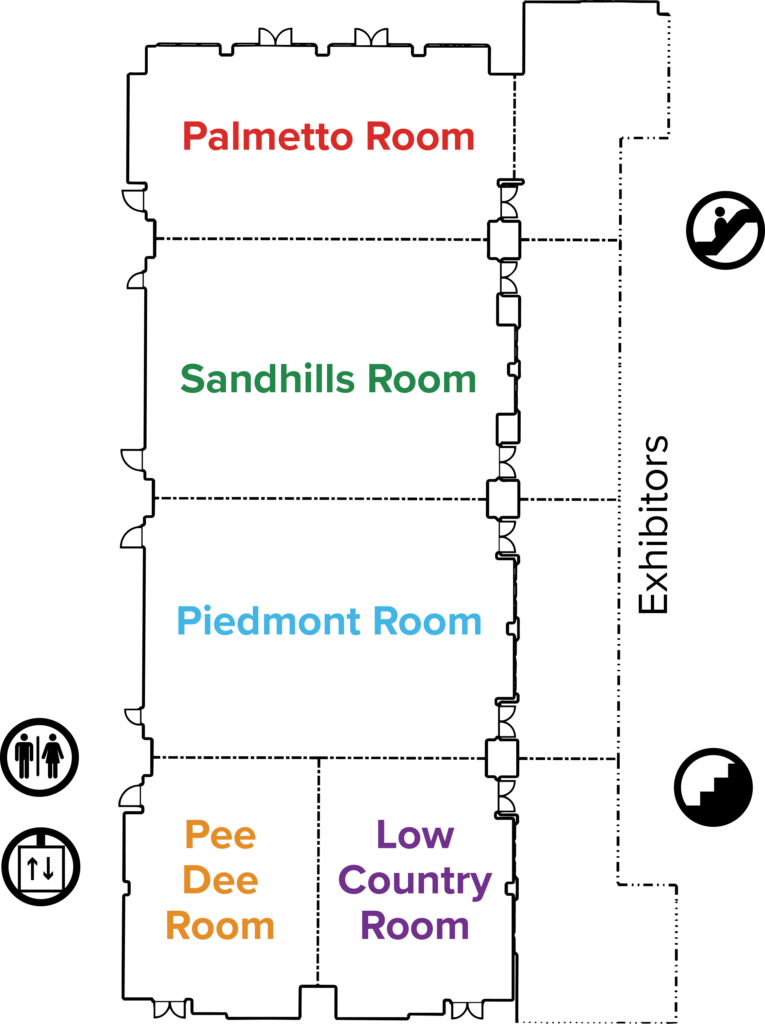
Please support today's vendors
A Special Needs Plan
Abacus Planning Group
Abiding Love Adoptions
ABS Kids
BlueCross BlueShield of South Carolina
Bright Start
Carolina Behavior & Beyond
DentaQuest
Disability Rights South Carolina
Exceptional Experiences
Family Connection of South Carolina
Glenforest School
Growing Home Southeast
Hidden Talents ABA
KinCarolina
Little Johnny
MassMutual SpecialCare
Mighty Kidz Services
National Federation of the Blind of SC
Nightingales Nursing
PRC-Saltillo
Pyramid Pieces
SC Developmental Disabilities Council
SC Department of Disabilities and Special Needs
SC Department of Children’s Advocacy – SC Heart Gallery
SC Department of Mental Health
SC Department of Public Health – Camp Burnt Gin
SC Department of Education
SC Department of Health and Human Services – BabyNet
SC Governor’s School for Math & Science
SC Infant Mental Health Association
SC Legal Services
SC Public Charter School District
SC Respite Coalition
SC School for Deaf & Blind
SC State Library
SC Mentor
SC Child Care Inclusion Collaborative
SC Inclusive Postsecondary Education Consortium (SCIPSEC)
Springbrook Autism Behavioral Health
The Therapy Place
Tom Mayne
Transition Alliance of SC (TASC)
8:30 am
Registration & Check-In
9:00 am
Opening Remarks
9:30 am
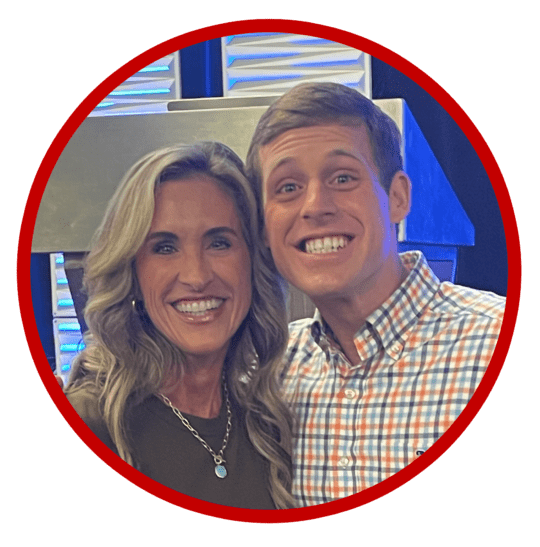
Tanner Smith and Nicci Smith
Love on the Spectrum
Morning Keynote
Finding Joy in the Journey
Tanner Smith is a 26-year-old South Carolina native who came into the public eye after appearing on Season 2 of Netflix’s Love on the Spectrum US. Tanner’s joyful spirit and zest for life captured the hearts of thousands, and his story of living and thriving on the Autism Spectrum has been an inspiration and source of hope to many. Tanner was diagnosed with high functioning Autism and Sensory Integration Dysfunction at 4 years old. He is a 2022 graduate of ClemsonLIFE and a proud employee at The Shepherd Hotel in Clemson, SC.
Nicci Smith is a proud mother to 4 children, autism advocate, and fitness enthusiast. Sharing her family’s story of Tanner’s diagnosis, acceptance, and eventual joy in the Autism journey has been a dream come true for her. Nicci’s greatest wish is to spread hope and inspiration to other families who are blessed with a differently abled child.
10:15 am
Break for Exhibitors
10:30 am
Breakout Session 1
Piedmont Room - Breakout 1
Decoding TEFRA & SSI: The Roadmap to Eligibility
Amber Lydford, SC Vocational Rehabilitation Department
Beverly Harper & Cortney HeuerFamily Connection of SC
Do you have questions about TEFRA, SSI, and how they affect Medicaid eligibility? This workshop is designed to help families and caregivers gain a strong foundation in these essential programs. We’ll explore how TEFRA and SSI work, their key differences, and how they interact within Medicaid. By the end of the session, participants will feel more confident in navigating eligibility requirements and accessing necessary benefits.
Sandhill Room - Breakout 1
South Carolina Law for Families
Kirby MItchell, SC Legal
From education and public benefits to family law, understanding South Carolina’s legal landscape for youth with disabilities and special healthcare needs is essential. This session will provide state-specific updates, including recent changes to the guardianship filing process in South Carolina. Attendees will leave with valuable insights, practical guidance, and resources to access legal services and support their families effectively.
Palmetto Room - Breakout 1
Empowered Parents, Stronger Schools: Leading Change in Special Education
Dr. Nicole Adams,
Lexington One School District
Parent leadership is a powerful force in shaping effective special education policies. This session will guide parents of students with disabilities in forming and leading a Special Education Parent Advisory Council (SEPAC). Experts will share strategies, lessons learned, and best practices for building meaningful collaboration between school districts and parents. Attendees will gain practical tools to strengthen their leadership skills, advocate for systemic change, and create a positive impact on the special education experience for all students.
Pee Dee Room - Breakout 1
Your Voice Matters: Let’s Advocate for Kids
Deborah DePaoli & Citaly Rojo,
Institute for Child Success
Being an advocate for children means standing up for their rights, well-being, and opportunities to thrive. Using your voice can make a difference, from supporting a child’s individual needs to influencing broader policy changes that benefit all children. This session will explore ways parents and caregivers can become effective champions for children in their communities.
Low Country Room - Breakout 1
Bridging Supports: Everything You Need to Know about Transition from Part C to Part B
Jennifer Buster,
SC DHHS BabyNet
Sherri Evans, SC Department of Education
This session will focus on the key components of early childhood within IDEA. Moving from Part C to B requires a coordinated effort to ensure children receiving early intervention (Part C) can access early childhood special education (Part B) prior to the child’s third birthday. This session will discuss effective implementation of strategies to support families and will also cover Child Find components of Part C and Part B.
11:30 am - 12:30 pm
Break for Lunch (not provided)
12:30 pm
Opening Remarks
12:45 pm
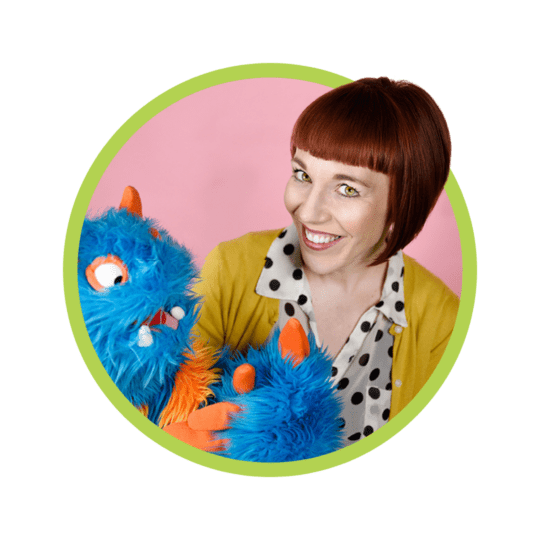
Amy Nelson, Emotional Milestones
Afternoon Keynote
Get ready to be inspired and motivated by ‘Quirky Kid’ Amy Nelson, LCSW, LSCSW, RPT-S, an autistic professional and the award-winning author of Every Bunny Can Learn: A Tail of Inclusion, which won first place in Disability Awareness at the prestigious Royal Dragonfly Book Awards. As a Play Therapist, ECSE Clinical Social Worker, and celebrated keynote speaker, Amy champions neurodiversity and inclusion with unmatched expertise and authenticity. Her dynamic presentations inspire educators to create sensory-smart, inclusive spaces where every child can thrive. Join Amy in embracing the power of diverse minds at the 2025 Hopes & Dreams Conference!
1:45 pm
Break for Exhibitors
2:00 pm
Breakout Session 2
Piedmont Room - Breakout 2
Neurodivergent Play! A Different Way
Amy Nelson,
Emotional Milestones
To support neurodivergent children, we must recognize that different brains need different approaches! A variety of needs necessitate implementing various strategies, sensory supports, and environmental modifications. This workshop will teach you how to understand better, appreciate, and support neurodivergent play.
Sandhill Room - Breakout 2
Hot Topics in Education Policy
Jennifer Rainville,
SC Appleseed
Education policy is constantly evolving, with legislative decisions directly impacting students and families. This session will provide updates from the South Carolina State House, focusing on key policy discussions, including pre-K expulsion, school vouchers, and other legislative initiatives shaping the state’s education landscape. Participants will gain insight into how these policies affect their children and communities.
Palmetto Room - Breakout 2
DDSN 101: Overview of Department of Disabilitites and Special Needs
Stephanie Turner,
SC DDSN
This session is designed to empower parents and caregivers with the knowledge and resources needed to navigate the SC Department of Disabilities and Special Needs (DDSN). This session will cover an overview of available services and supports across the state available to children and young adults with disabilities.
Pee Dee Room - Breakout 2
Guardianship and Alternatives
Anna Maria Connor,
Disability Rights of SC
Families are often told they need to obtain guardianship over their disabled child. What does that mean for them and their child? In this session we will discuss the effect of guardianship and also legal alternatives which can be used to help family members retain their independence while still receiving the help they might want.
Low Country Room - Breakout 2
Life Care Planning: Making the Future More Secure for your Dependent with Special Needs
Doug Vogel
This workshop will cover the essentials of creating a Life Care Plan for a loved one with special needs. It will address critical issues like protecting government benefits (SSI and Medicaid), establishing Special Needs Trusts, creating a Will, Guardianship, financial strategies (including ABLE Accounts), and preparing Letters of Intent. Attendees will learn about the steps, resources, and tools to develop a personalized plan that ensures the well-being and care of your dependent now and in the future.
3:00 pm
Break for Exhibitors
3:15 pm
Breakout Session 3
Piedmont Room - Breakout 3
Independent Living: Planning for the Future
Hannah Mathis & Cindy Tomlinson,
Family Connection of SC
Have you and your youth reached the stage where you’re starting to consider what independence will life look like after high school? What support systems should be in place to increase daily living skills and independence before beginning this journey? In this training, we’ll explore essential tools to help guide conversations about independent living, adult Medicaid waiver supports, Social Security benefits, and work programs. Our goal is to reduce fear and empower you with knowledge and resources needed to navigate this transition as you take next steps towards your youth’s successful future
Sandhill Room - Breakout 3
Educational Success for Students Experiencing Homelessness
Birley Wright, Kimberly Humphrey
SC Department of Education
This session will examine the challenges faced by students experiencing homelessness and those in foster care in South Carolina, emphasizing the supports available to ensure their academic success. Participants will gain insights into the McKinney-Vento Act and state-specific foster care policies that promote stability and access to education. The discussion will highlight best practices, collaborative strategies, and real-world applications to support students effectively. Attendees will leave with new knowledge and tools to enhance learning opportunities in schools across South Carolina.
Pee Dee Room - Breakout 3
Exclusionary Discipline Practices in Early Childhood: Definitions and Resources to Prevent These Practices
Heather Googe & Kerri Wikel,
USC Child Development Research Center
During this session, we will describe the policy landscape in our state related to exclusionary practices such as suspension and expulsion. We will explore the process used to draft definitions that can be shared across the early childhood system to develop policies and professional development to reduce or eliminate these exclusionary practices in early childhood. We will highlight current supports in SC to prevent the use of these practices for providers and families. This session will also solicit feedback from attendees related to their current needs related to suspension and expulsion in their work.
Low Country Room - Breakout 3
March Into Spring With These School Tips
Dr. Susan Thomas
Spring is a busy time for schools and families! This session will cover helpful tips to plan for testing season in schools, transitions to new school levels, and discussing extended school year services with your students IEP team.
Thank you for attending Hopes & Dreams
Made possible by the support of our sponsors

Ongoing Sponsor
